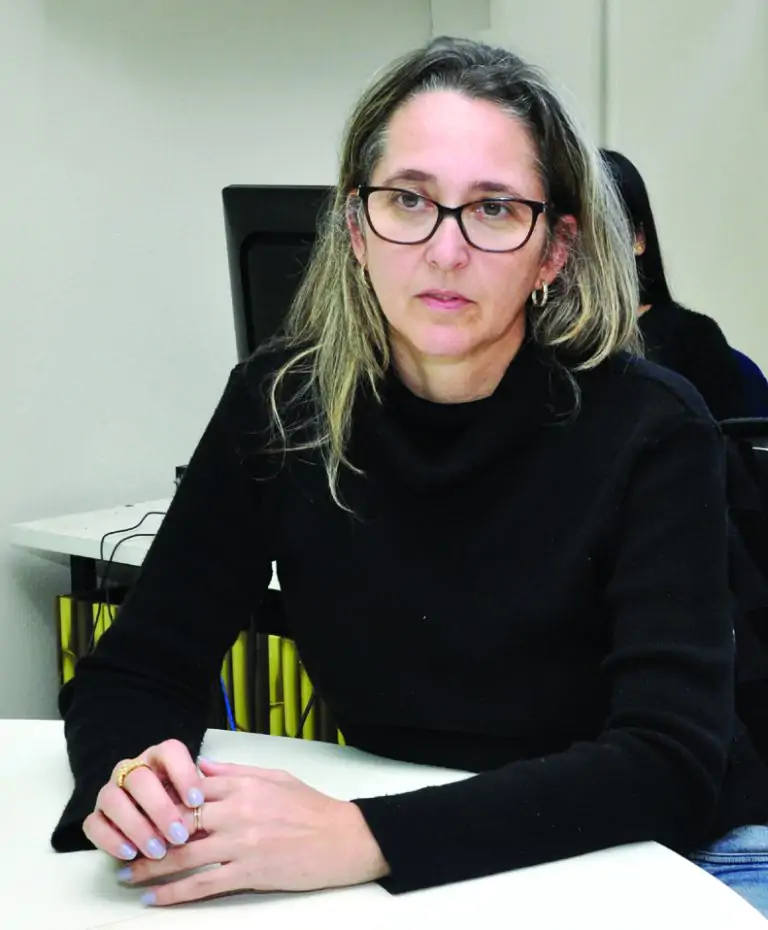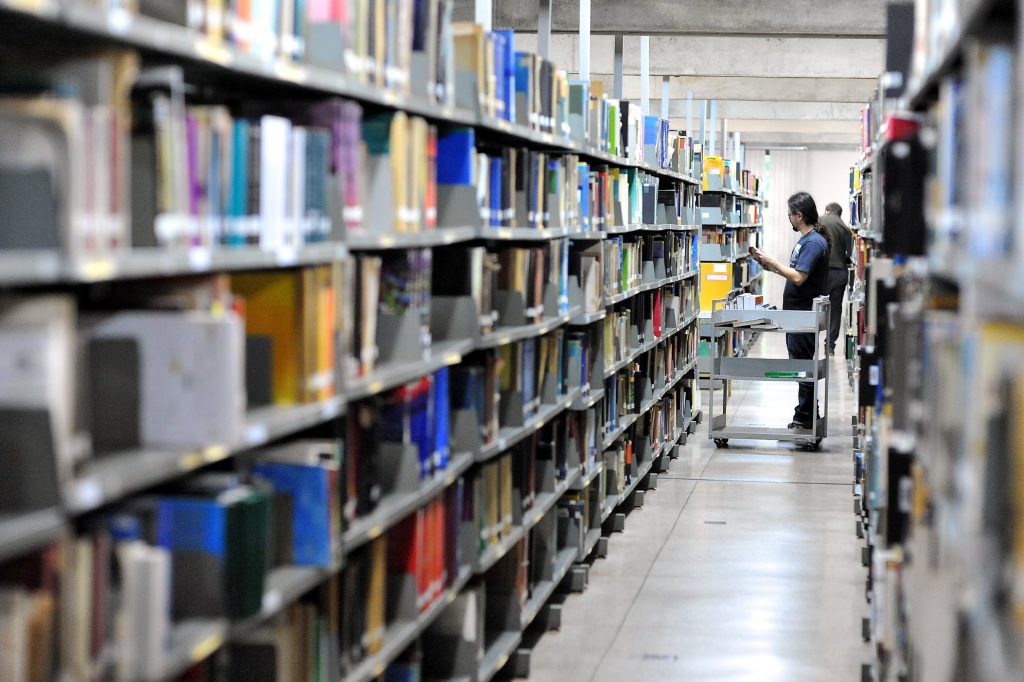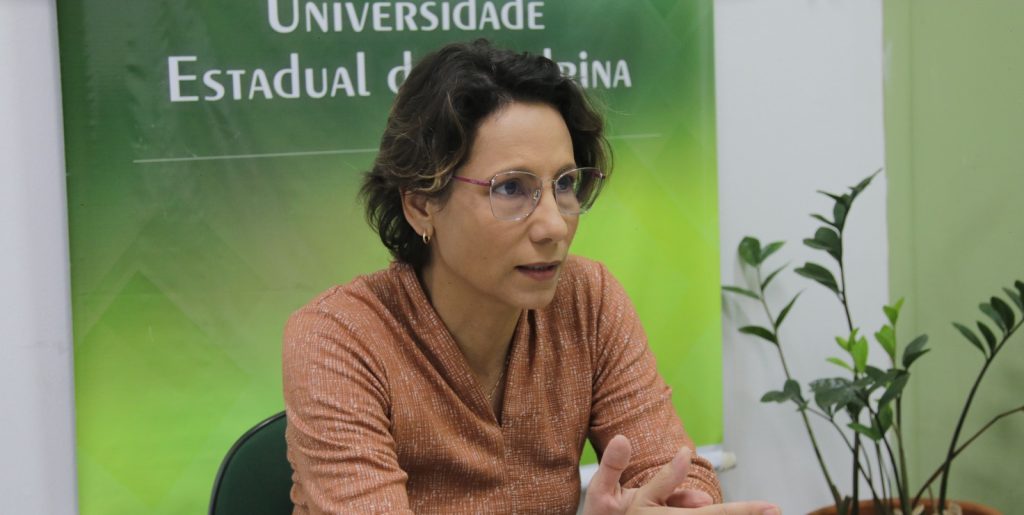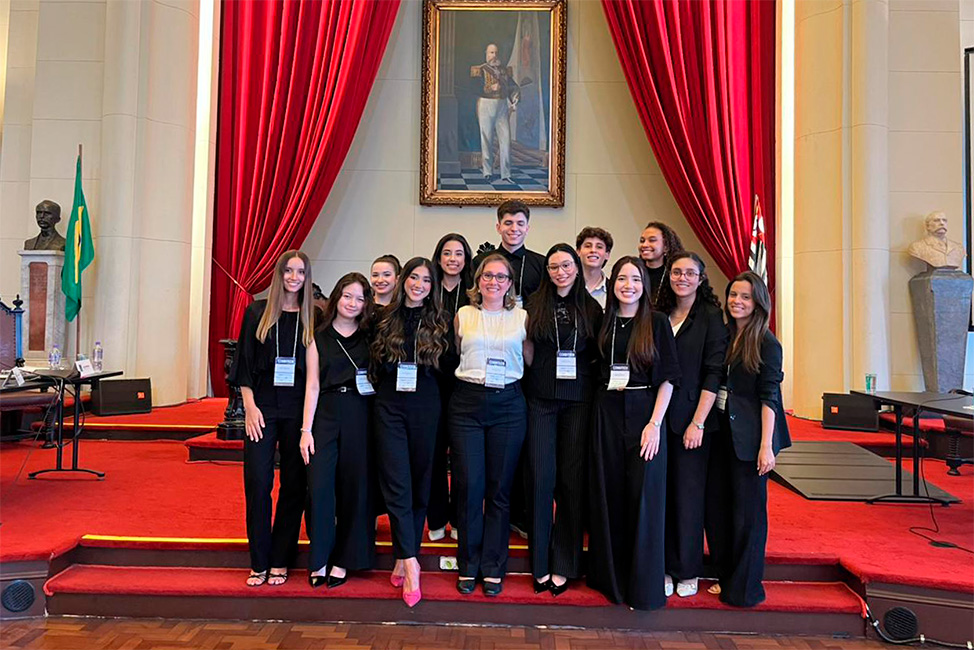[EN] For the right to be integrated in higher education
[EN] For the right to be integrated in higher education
Texto originalmente publicado em português na edição 1414 do Jornal Notícia. Traduzido para o inglês com orientação do Centro de Escrita.For over three decades, UEL has sought to solve a recurring problem in the lives of students with special needs: the struggles that impact learning. With the Accessibility Center (NAC), the institution has committed to removing physical, architectural, behavioral and methodological barriers. This is achieved through specialized educational tutoring and the development of various procedures for the teaching of students with disabilities, autistic spectrum disorders and intellectual giftedness.
Linked to UEL’s Office of Undergraduate Studies (Prograd), NAC promotes activities for students enrolled in undergraduate and graduate special education courses. In higher education, this approach is characterized by actions that aim to strengthen the attendance and participation of students with diagnoses that require differentiated teaching techniques and assistive technology resources, such as materials in relief and computers with voice synthesizers, for example. In addition to individual tutoring, students also receive complementary support in groups. Professors are also advised on accessibility support and continuing education activities.
According to psychologist Ingrid Ausec, coordinator of the Accessibility Center, UEL is a pioneer in offering special education services in higher education in Brazil. Initially, NAC was established as the Permanent Commission for Tutoring of Students with Disabilities. In 2002, it was reformulated by CEPE Resolution Nº 70/02 and was renamed as Tutoring Program for Students with Special Educational Needs. In 2009, it was restructured as UEL’s Accessibility Center. The Resolution was last updated in October 2021, this time without changes in nomenclature and legislation.

According to the psychologist, the changes took place to meet the new Special Education requirements, such as including a target audience and providing services that become part of the activities of this type of education. “When I started as coordinator, everything we thought about special education in higher education was adapted from what came from basic education”, she says. “Today we no longer adapt, because we already have models, protocols and studies for higher education students”, says Ingrid.
NAC’s tutoring starts from the moment the enrolled student, who fits NAC’s target audience, requests assistance. The student is registered in the service, which offers to welcome them and ensures that they have access to their rights, making adjustments in the learning process with the undergraduate course coordinator when necessary. “It is extremely important that there are sectors and professionals qualified to receive and organize the students’ support”, defends the coordinator.
Attendance in the pandemic
In 2021, during the suspension of on-campus classes due to the pandemic, NAC tutored a total of 124 students. The data were collected by NAC itself, according to an analysis of the assistance requests carried out up to March of 2022. Even with the adaptation to the online format, NAC kept all activities running and expanded some services, strengthening contact with professors from other states, for example.
Among the actions designed to assist students in this scenario, a YouTube channel was created through the extension project “Accessibility resources in online education: a collaborative experience of Higher Education Public Institutions of Northern Paraná”. The channel offers video tutorials on accessibility resources that are necessary in virtual interactions and in production of the institutions’ didactic content. The project was developed as a partnership between UEL, the Federal Institute of Paraná (IFPR – Londrina) and the Federal University of Technology in Paraná (UTFPR – Londrina and Cornélio Procópio).
Despite having returned with on-campus activities at the beginning of the semester, NAC opted to maintain teacher training activities in an online format and offer students the option of virtual assistance. With the end of the 2021–2022 school year at UEL, NAC also intends to reformulate its program. For example, promoting courses about the relationship between teaching and Brazilian Sign Language interpreters and interaction with the visually impaired. “We had to adapt to this online format, so we are keeping what was good and expanding it, taking it up again little by little”, explains Ingrid.
Inclusion
In basic education, one of the stages in the social inclusion process is to make students understand that, at certain times, activities must be adapted for inclusion to be effective. In addition, it is essential that schools encourage the acceptance of differences and the development of friendships. One of the resources used to clarify the importance of this awareness to younger students are the Monica and Friends comics, created by Maurício de Souza.
Monica and Friends’ stories feature characters that represent special children, subject to psycho-pedagogical care or intervention. Among the characters who bring diversity to the stories are Luca (wheelchair user), Dorinha (visually impaired), André (autistic), and Sueli (deaf), who recently arrived at the Lemon Tree neighborhood. Their participation is always accompanied by an explanation of their particular characteristics, and they often help students understand how to support a classmate who may have the same condition as a certain character.
As students advance in schooling, it is necessary to think about inclusion in higher education as well. Therefore, the creation of specific structures for special education within the institutions is important. “With this progress in school, and these students graduating from high school, they also start to dream about university, just like everyone else,” points out the psychologist.
*Intern at COM/UEL
Tradução: Nathalia Fonte, Giovanna Sanches e Lívia Seneda. Revisão: Lívia Seneda. Orientação do Centro de Escrita: Patrícia Lúcio.
Texto original em português: Pelo direito de estar integrado ao Ensino Superior




